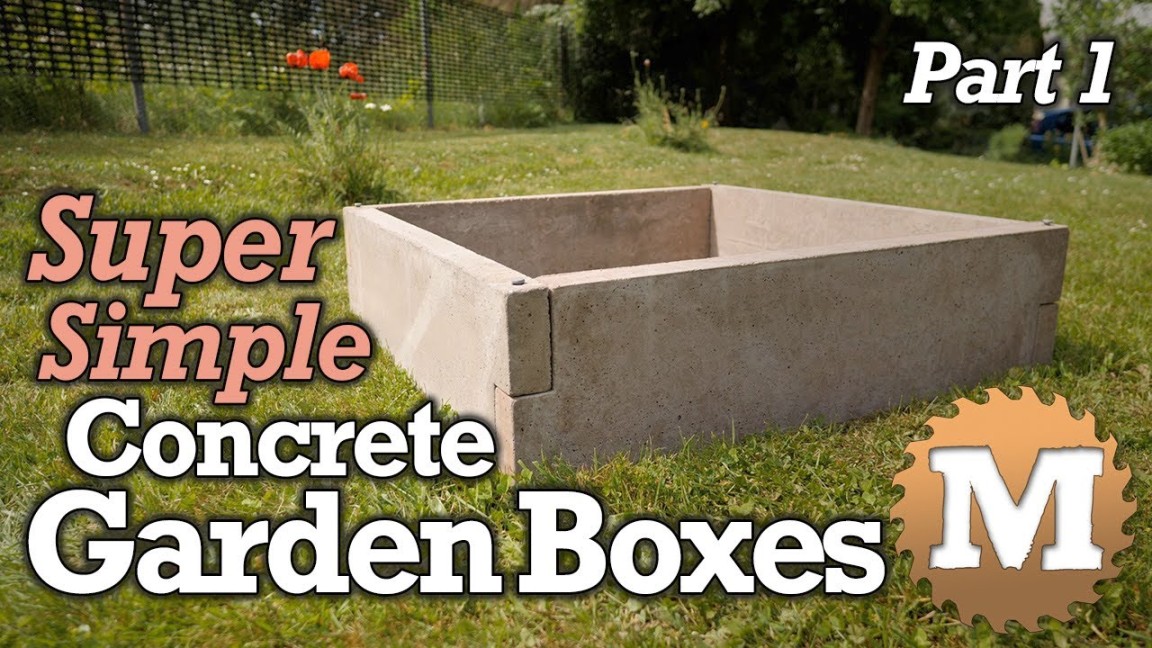Concrete Raised Beds: A Durable and Versatile Gardening Solution
Concrete raised beds have gained popularity among gardeners due to their durability, versatility, and aesthetic appeal. They offer a number of advantages over traditional in-ground gardening, including improved soil drainage, weed control, and accessibility.
One of the primary benefits of concrete raised beds is their exceptional durability. Concrete is a robust material that can withstand harsh weather conditions, including heavy rain, snow, and extreme temperatures. Unlike wooden beds that may rot or warp over time, concrete beds can last for many years with minimal maintenance.
Concrete raised beds provide excellent soil drainage. By elevating the planting area, excess water can easily drain away, preventing root rot and other water-related plant problems. This is particularly beneficial for plants that prefer well-drained soil, such as vegetables and herbs.
The raised design of concrete beds makes it more difficult for weeds to germinate and spread. The smooth, non-porous surface of concrete also prevents weed seeds from taking root. This can significantly reduce the amount of time and effort required for weed control.
Concrete raised beds can be built to various heights, making them accessible to people of all ages and abilities. Raised beds can help alleviate back pain and other physical discomfort associated with bending and kneeling in traditional garden beds.
Concrete raised beds can be customized to suit your specific gardening needs. You can create beds of various sizes and shapes to accommodate different types of plants. Additionally, you can add decorative elements, such as mosaic tiles or painted designs, to enhance the visual appeal of your garden.
Concrete raised beds can help deter pests such as slugs, snails, and rodents. The smooth surface of the concrete makes it difficult for these pests to climb, and the elevated planting area can also discourage them from accessing your plants.
Concrete can absorb and retain heat, helping to warm the soil in early spring and late fall. This can extend the growing season and allow you to start planting earlier in the year.
Concrete raised beds can help conserve water by reducing evaporation. The raised design and the use of mulch can help to retain moisture in the soil, reducing the need for frequent watering.
Concrete raised beds offer a number of advantages for gardeners, including durability, improved drainage, weed control, accessibility, and versatility. By investing in a concrete raised bed, you can create a beautiful and productive garden that will last for many years to come.

